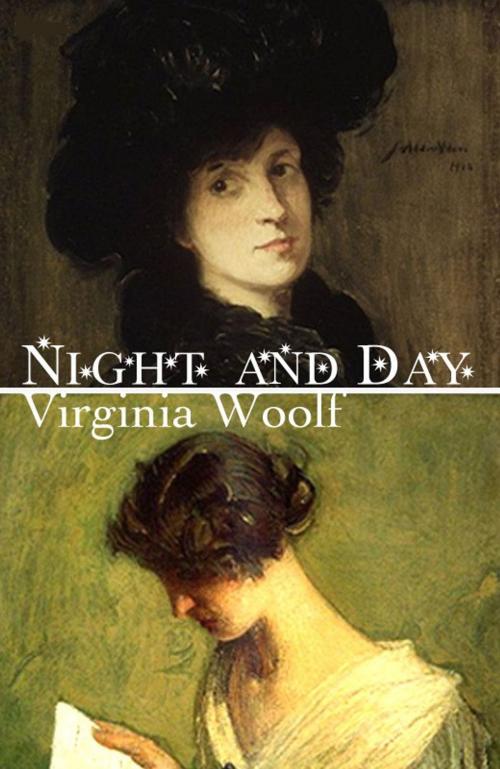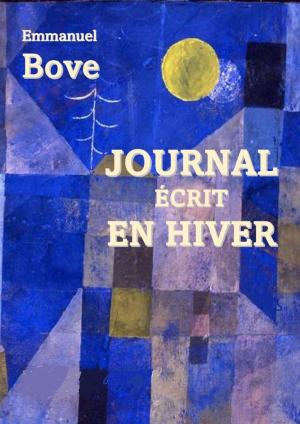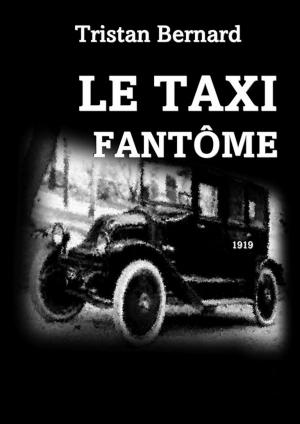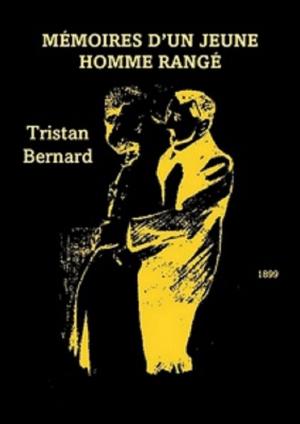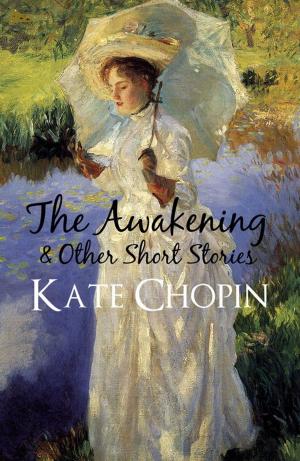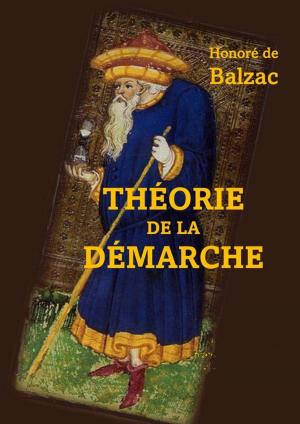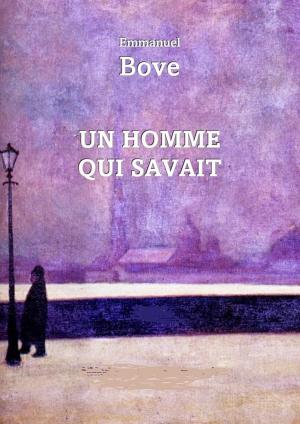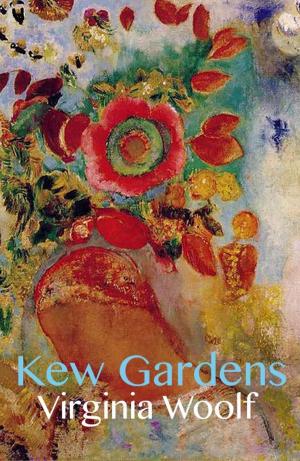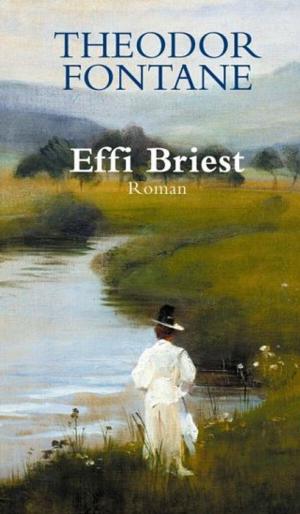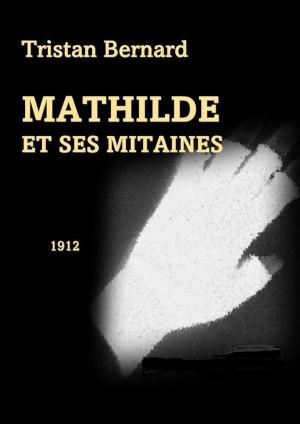| Author: | Virginia Woolf | ISBN: | 1230002475868 |
| Publisher: | libre edition | Publication: | August 12, 2018 |
| Imprint: | Language: | French |
| Author: | Virginia Woolf |
| ISBN: | 1230002475868 |
| Publisher: | libre edition |
| Publication: | August 12, 2018 |
| Imprint: | |
| Language: | French |
The attempts of a group of upper-middle-class young people to find their rightful marriage partners within the stilted conventions of courtship in Edwardian England form the substance of Night and Day. The plot, which covers a nine-month period from October to the following June, has many of the elements of dramatic farce. There are chance meetings, overheard conversations, misinterpretations, and comic figures, but all difficulties are happily resolved in the traditional comic ending.
The novel opens with Katharine Hilbery pouring tea at an afternoon party at her parents’ house. (Many of the key events and conversations in the novel take place over that peculiarly English convention, afternoon tea.) A late guest at the tea party is Ralph Denham, a young solicitor who has recently contributed an article to the review edited by Katharine’s father. At first meeting, Katharine and Denham take a slight dislike to each other: He is unimpressed by her aristocratic heritage (she belongs to one of the most distinguished families in England), and she finds him dull.
At this point in the proceedings, Katharine is being courted by William Rodney, a cultured but somewhat vain man, who works in a government office during the day but indulges his chief love, literature, in the evenings. Denham’s closest friendship is with twenty-five-year-old Mary Datchet, who is involved in the women’s suffrage movement. She and Denham have known each other for two years, but she is an independent spirit and does not want to marry him, or anyone else.
The attempts of a group of upper-middle-class young people to find their rightful marriage partners within the stilted conventions of courtship in Edwardian England form the substance of Night and Day. The plot, which covers a nine-month period from October to the following June, has many of the elements of dramatic farce. There are chance meetings, overheard conversations, misinterpretations, and comic figures, but all difficulties are happily resolved in the traditional comic ending.
The novel opens with Katharine Hilbery pouring tea at an afternoon party at her parents’ house. (Many of the key events and conversations in the novel take place over that peculiarly English convention, afternoon tea.) A late guest at the tea party is Ralph Denham, a young solicitor who has recently contributed an article to the review edited by Katharine’s father. At first meeting, Katharine and Denham take a slight dislike to each other: He is unimpressed by her aristocratic heritage (she belongs to one of the most distinguished families in England), and she finds him dull.
At this point in the proceedings, Katharine is being courted by William Rodney, a cultured but somewhat vain man, who works in a government office during the day but indulges his chief love, literature, in the evenings. Denham’s closest friendship is with twenty-five-year-old Mary Datchet, who is involved in the women’s suffrage movement. She and Denham have known each other for two years, but she is an independent spirit and does not want to marry him, or anyone else.
